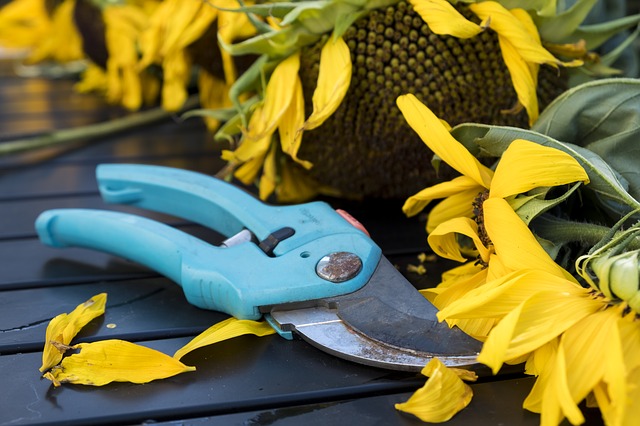PRUNING: Trimming (a tree, shrub, or bush) by cutting away overgrown branches, especially to increase fruitfulness and growth
When addressing His disciples at the Last Supper (John 15), Jesus used a familiar metaphor to compare His followers to the branches of a fruit tree. Branches with no fruit are cut away, but even branches bearing fruit require attention — these are purged (or pruned) in order to allow them to bring forth even more fruit. Pruning can include cutting away twigs and leaves that are in the way, but it can also include removing excess fruit that weighs down the branch and leaves no room for additional fruit to grow.
Pruning Your Tree of Life: Phase 1
Assuming that we are servants of God and that we are doing something for the Lord and for other people — assuming that we are fruit-bearing branches — what are the “twigs and leaves” that can be cleared away to allow us to bear even more fruit?
- Activities that waste our time: Is there any activity that we can cut back on or eliminate that would allow more time for serving God?
- Things that cost a lot of money: Is there anything we can spend less money on or even live without such that we would have more money that can either be donated or can be used to fund our personal service to God?
- Situations or causes that clutter our mind: Can we give less focus and less of our personal energy and creativity to situations and causes that don’t really matter in terms of eternity? Can we take that same passion and direct it toward serving God? Can we take time to focus our mind in prayer and meditation and strengthening our connection with God?
Pruning Your Tree of Life: Phase 2
There is another level of pruning that sometimes needs to be done. As mentioned above, there are times when a branch produces so much fruit that the branch is in danger of breaking. Also, when a branch reaches this point, there is no room for additional fruit to grow.
The equivalent scenario in our lives is when we are involved in so many good things that we have to limit the time and attention given to each, and we have no further capacity to take on anything else — our plate is full.
In Alma 4, Alma finds himself in this position. He is serving as both the leader of the church and the chief judge of the newly formed government. Even as his church leadership, preaching, and teaching leads to 3,500 people being baptized in one year, he also sees increased pride and sin among the people. Having to spend much of his time hearing cases as chief judge, Alma is frustrated that he doesn’t have sufficient time and focus to deal with the problem.
The Lord inspires Alma to take the necessary action. He resigns as chief judge and selects a man named Nephihah to assume that important position. Even though this is a prestigious position — the equivalent of being Chief Justice of the Supreme Court in today’s government — Alma knows this is the right thing to do in order to fully focus on leading the church:
“And this he did that he himself might go forth … among the people of Nephi, that he might preach the word of God unto them, to stir them up in remembrance of their duty, and that he might pull down, by the word of God, all the pride and craftiness and all the contentions which were among his people.” (Alma 4:19)
Do you feel you’re overextended when it comes to good works? If so, prayerfully consider what can be reassigned to someone else — try not to just drop the work if you want it to continue. Also, keep in mind that your motivation shouldn’t be to do less but rather to create extra capacity in your life to do more in the other works you are involved in or even to take on other new works. In other words, don’t remove fruit to make room for more twigs and leaves.
Whether it’s eliminating the twigs and leaves or removing excess fruit from the tree of our life, let’s do whatever pruning is necessary to position ourselves for increased fruitfulness and growth in our service to God.
This article has undergone ministry review and approval.






Very good article Bro. Jerry! I truly appreciated the insight.